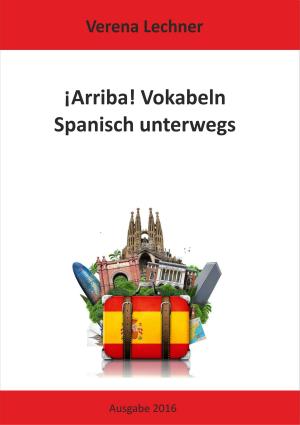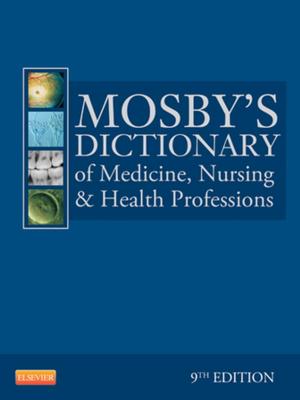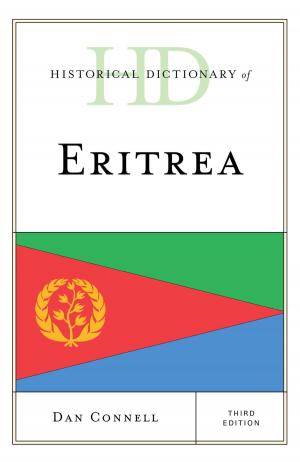| Author: | Philip J Bradbury | ISBN: | 9781458070654 |
| Publisher: | Philip J Bradbury | Publication: | April 6, 2011 |
| Imprint: | Smashwords Edition | Language: | English |
| Author: | Philip J Bradbury |
| ISBN: | 9781458070654 |
| Publisher: | Philip J Bradbury |
| Publication: | April 6, 2011 |
| Imprint: | Smashwords Edition |
| Language: | English |
Words - shortest, longest, silliest, backwards, forwards, weirdest, history of, uninvented, real meanings and others you've never heard of - and unsubstantiated opinions fill this fascinating book. You'll be educated, amused, annoyed and deeply moved by the words we use, the words we don't but should, the words we do but shouldn't and where they all come from ... probably!
You'll be educated, amused, annoyed and deeply moved by the words we use, the words we don't but should, the words we do but shouldn't and where they all come from ... probably!
Juicy excerpts from the book ...
Aaaaa - The slightly aghast word I uttered at the thought of writing a dactionary. [See Mmmmm]
Abbreviation - A long word that means a short word.
Abomination - In Jewish literature (and the bible) it originally meant the intention of nationalists to become god-emperors in Rome (Revelation 17:4, 5, 21:27). It has now become to mean extreme aversion or an object of detestation.
Abstemious - One of only two words in the English language that have all five vowels in order. [See Facetious]
Acomodador - From the Mexican Indians, acomodador means the giving up point, the thing, person or event that stops us from achieving our desired goals.
Adam - The first man, Adam is the name of the one made out of admah, the Hebrew word for the ground. He is sapiens because he has knowledge, is able to name things and to choose the fruits of paradise to enjoy. The temptation for Adam and Eve is to give up being humus – humble and human – and to become gods, the ultimate act of pride. This lack of humility and humanity is their downfall: paradise is lost.
Adultery - Originally meaning wrongful marriage. For example, in Revelation 2:22, the marriage of Polemo of Cicilia to Bernice (a Jew) while he remained pagan, was considered adultery.
It has now come to mean sexual activity between two people while at least one of them is married to someone else.
I wonder if infants enjoy their infancy as much as adults enjoy their adultery.
Algebra - Mohammad al-Khwarizmi was a well-known mathematician in Baghdad around the year 800. He wrote a book about the solving of equations. It was called ilm al-jabr wa'l muqabalah (the science of transposition and cancellation). The term al-jabr from this title gave the English word, Algebra.
Apocalypse – to reveal or to unveil. Literally, it means reveal-ation. The Book of Revelation in the Bible predicts an unveiling of great truth and unimaginative wisdom. The Apocalypse is not the end of the world but the end of the world as we know it.
Apocryphal - Having hidden or secret meanings; applied specially to certain books (or parts of books) included in the Septuagint and Vulgate translations of the Old Testament but not accepted as canonical by Jews or Protestants, and to later books (Apocrypha in the New Testament) never accepted as canonical or authoritative by a considerable part of the Christian Church. [See Bible]
I could go on ...
Words - shortest, longest, silliest, backwards, forwards, weirdest, history of, uninvented, real meanings and others you've never heard of - and unsubstantiated opinions fill this fascinating book. You'll be educated, amused, annoyed and deeply moved by the words we use, the words we don't but should, the words we do but shouldn't and where they all come from ... probably!
You'll be educated, amused, annoyed and deeply moved by the words we use, the words we don't but should, the words we do but shouldn't and where they all come from ... probably!
Juicy excerpts from the book ...
Aaaaa - The slightly aghast word I uttered at the thought of writing a dactionary. [See Mmmmm]
Abbreviation - A long word that means a short word.
Abomination - In Jewish literature (and the bible) it originally meant the intention of nationalists to become god-emperors in Rome (Revelation 17:4, 5, 21:27). It has now become to mean extreme aversion or an object of detestation.
Abstemious - One of only two words in the English language that have all five vowels in order. [See Facetious]
Acomodador - From the Mexican Indians, acomodador means the giving up point, the thing, person or event that stops us from achieving our desired goals.
Adam - The first man, Adam is the name of the one made out of admah, the Hebrew word for the ground. He is sapiens because he has knowledge, is able to name things and to choose the fruits of paradise to enjoy. The temptation for Adam and Eve is to give up being humus – humble and human – and to become gods, the ultimate act of pride. This lack of humility and humanity is their downfall: paradise is lost.
Adultery - Originally meaning wrongful marriage. For example, in Revelation 2:22, the marriage of Polemo of Cicilia to Bernice (a Jew) while he remained pagan, was considered adultery.
It has now come to mean sexual activity between two people while at least one of them is married to someone else.
I wonder if infants enjoy their infancy as much as adults enjoy their adultery.
Algebra - Mohammad al-Khwarizmi was a well-known mathematician in Baghdad around the year 800. He wrote a book about the solving of equations. It was called ilm al-jabr wa'l muqabalah (the science of transposition and cancellation). The term al-jabr from this title gave the English word, Algebra.
Apocalypse – to reveal or to unveil. Literally, it means reveal-ation. The Book of Revelation in the Bible predicts an unveiling of great truth and unimaginative wisdom. The Apocalypse is not the end of the world but the end of the world as we know it.
Apocryphal - Having hidden or secret meanings; applied specially to certain books (or parts of books) included in the Septuagint and Vulgate translations of the Old Testament but not accepted as canonical by Jews or Protestants, and to later books (Apocrypha in the New Testament) never accepted as canonical or authoritative by a considerable part of the Christian Church. [See Bible]
I could go on ...















